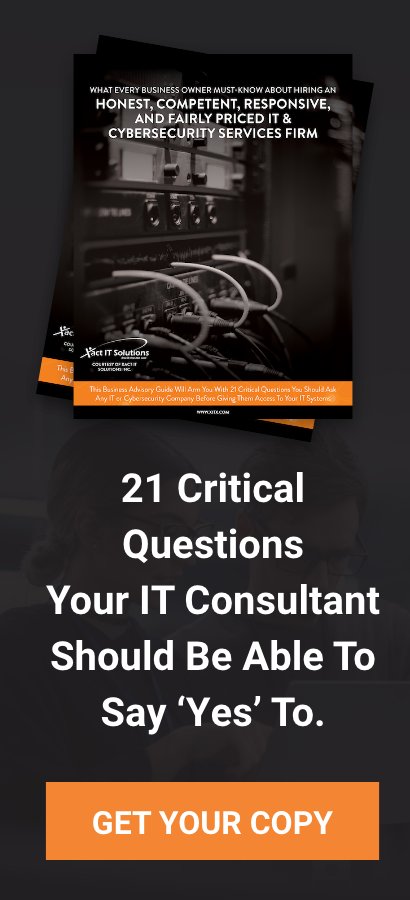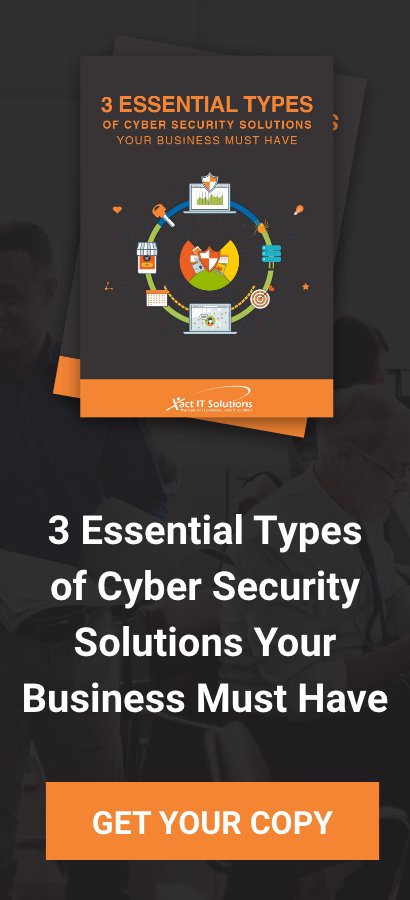
CommScope is a global network infrastructure provider that designs and manufactures connectivity and communication solutions for businesses and organizations.
A data breach recently hit CommScope, a network infrastructure equipment manufacturer. The Vice Society ransomware group is responsible for this breach, which resulted in the publication of stolen employee data on a dark web data leak site. CommScope has confirmed the unauthorized access to its IT infrastructure and initiated a forensic investigation with the assistance of a leading cybersecurity firm. The company has also notified law enforcement agencies about the incident. Employee data that was leaked includes personal information such as full names, email addresses, postal addresses, scans of passports and visas, social security numbers, and bank account details.

Vice Society is an intrusion, exfiltration, and extortion ransomware group that first surfaced in the summer of 2021 and is known to deploy versions of Hello Kitty, Five Hands, and Zeppelin ransomware.
The public release of employee data is not an isolated incident. As businesses become targets for ransomware attacks, cybercriminals are increasingly targeting employee data. Companies need to protect this information, as it is a prime target for hackers. While the impact of this breach is still unclear, it highlights the need for employers to prioritize the protection of employee data. Hackers often target companies with a large workforce--like hospitals, schools, and federal agencies--making them vulnerable to these types of attacks.
Additionally, leaked technical drawings and internal documents about CommScope's equipment could be used by hackers to exploit vulnerabilities and create supply chain attacks. Companies need to protect not only employee data but also proprietary information to prevent these types of attacks.
As cyberattacks become more common, it is important for individuals to take responsibility for their own data security. Services such as LifeLock can help protect against credit theft, and locking your credit file is a good precaution. While there are many data breaches every year, the growing number of attacks highlights the importance of taking proactive steps to protect sensitive information.
Reference: CPO Magazine. (2021, April 27). Vice Society leaks CommScope's employee data stolen during a ransomware attack. https://www.cpomagazine.com/cyber-sec...



You must be logged in to post a comment.